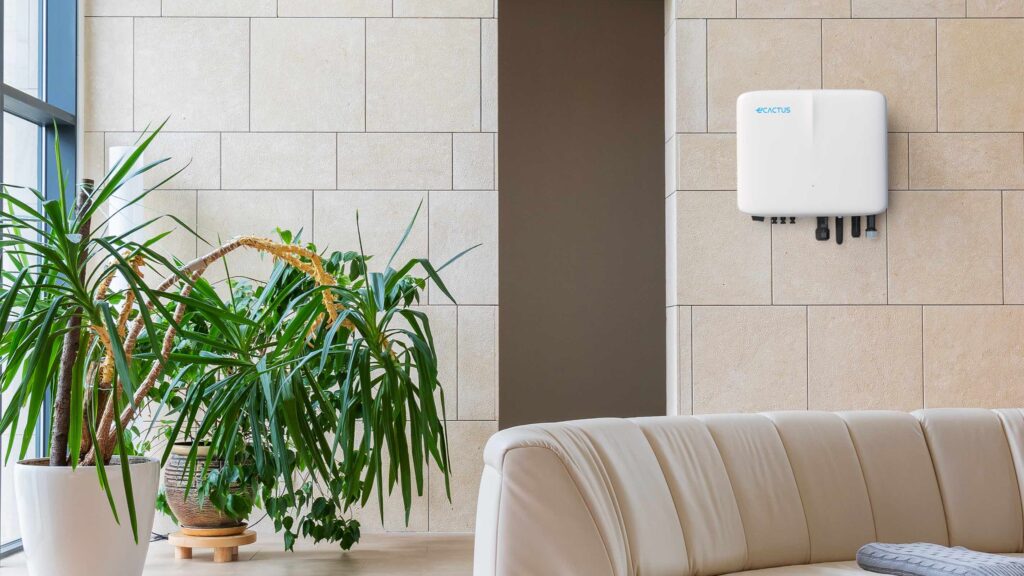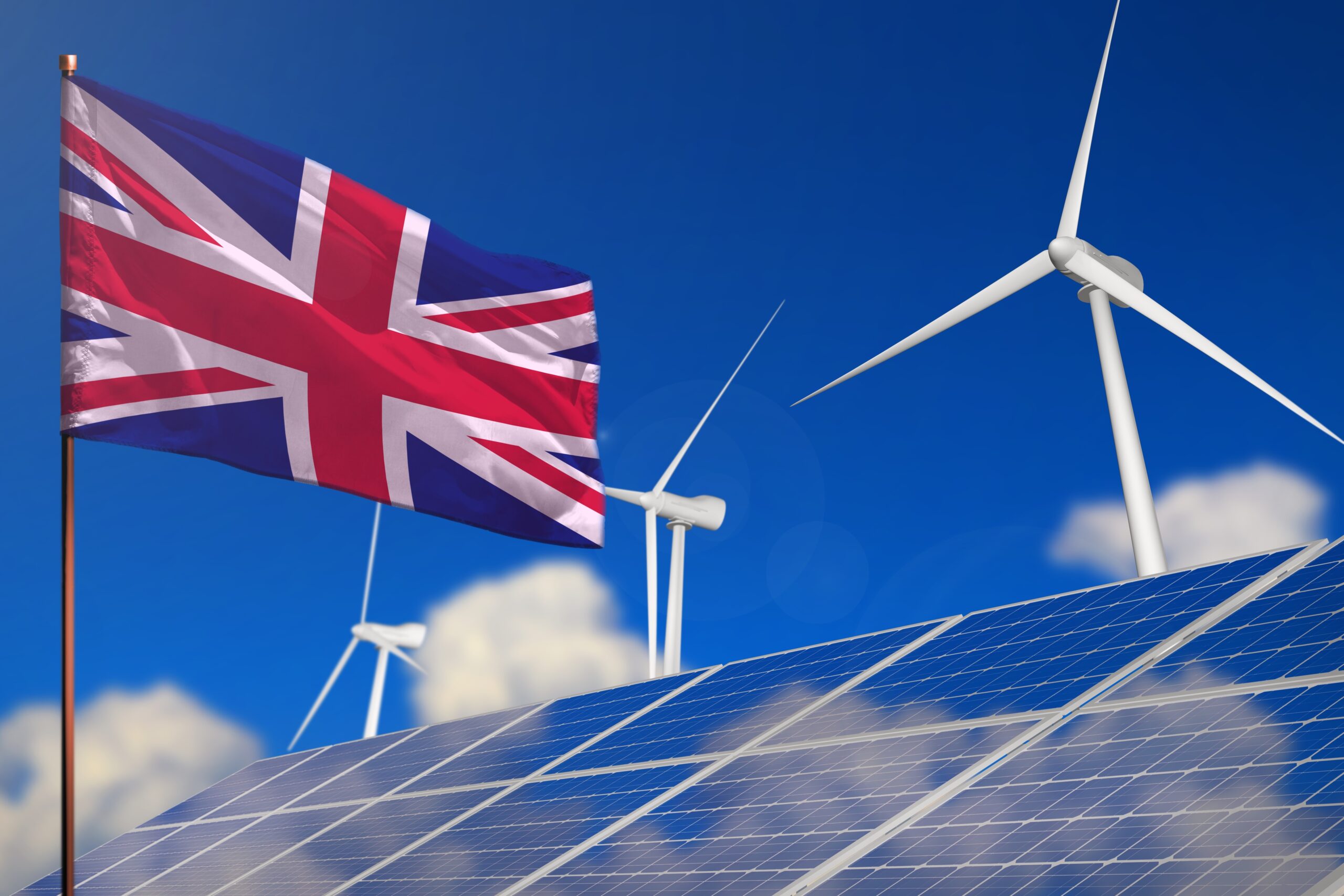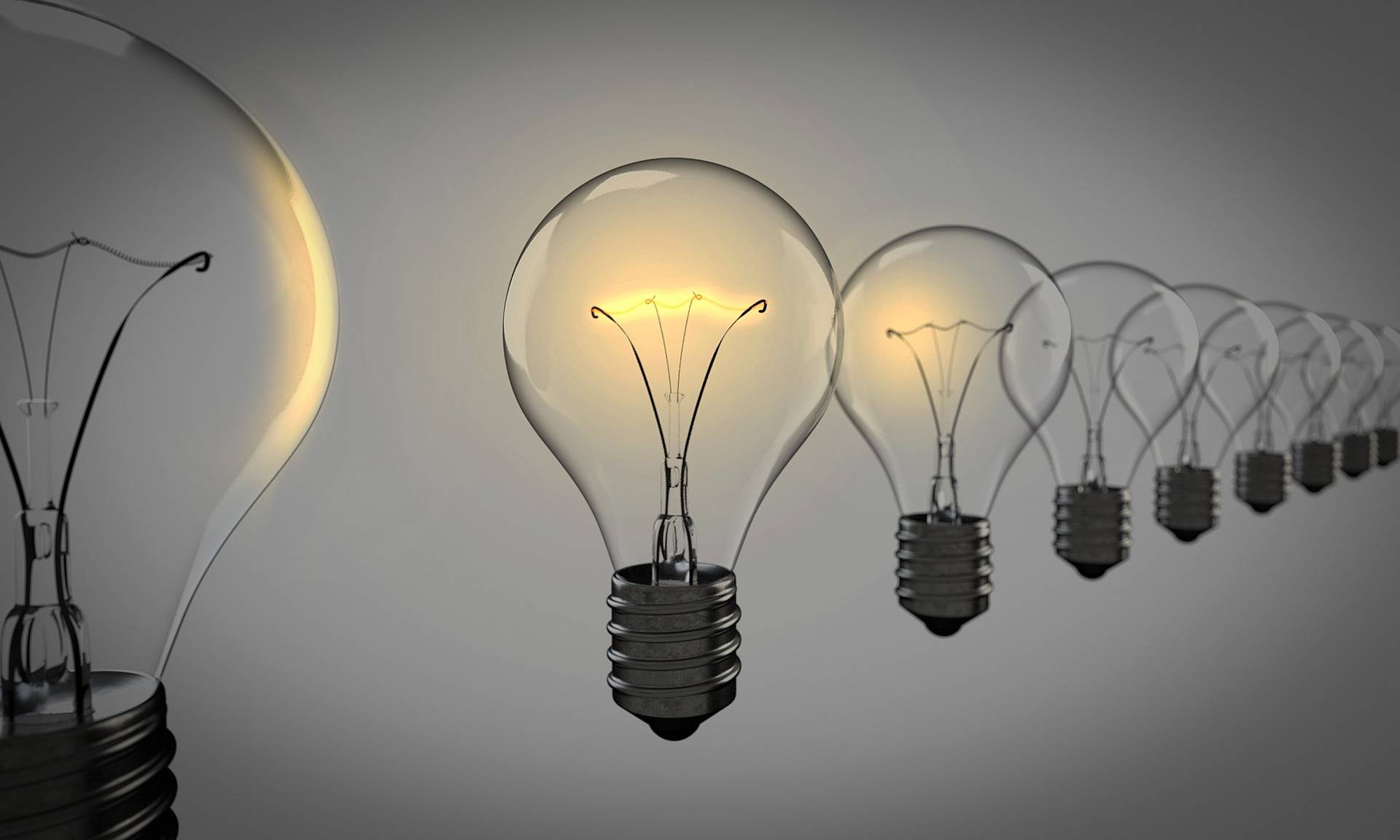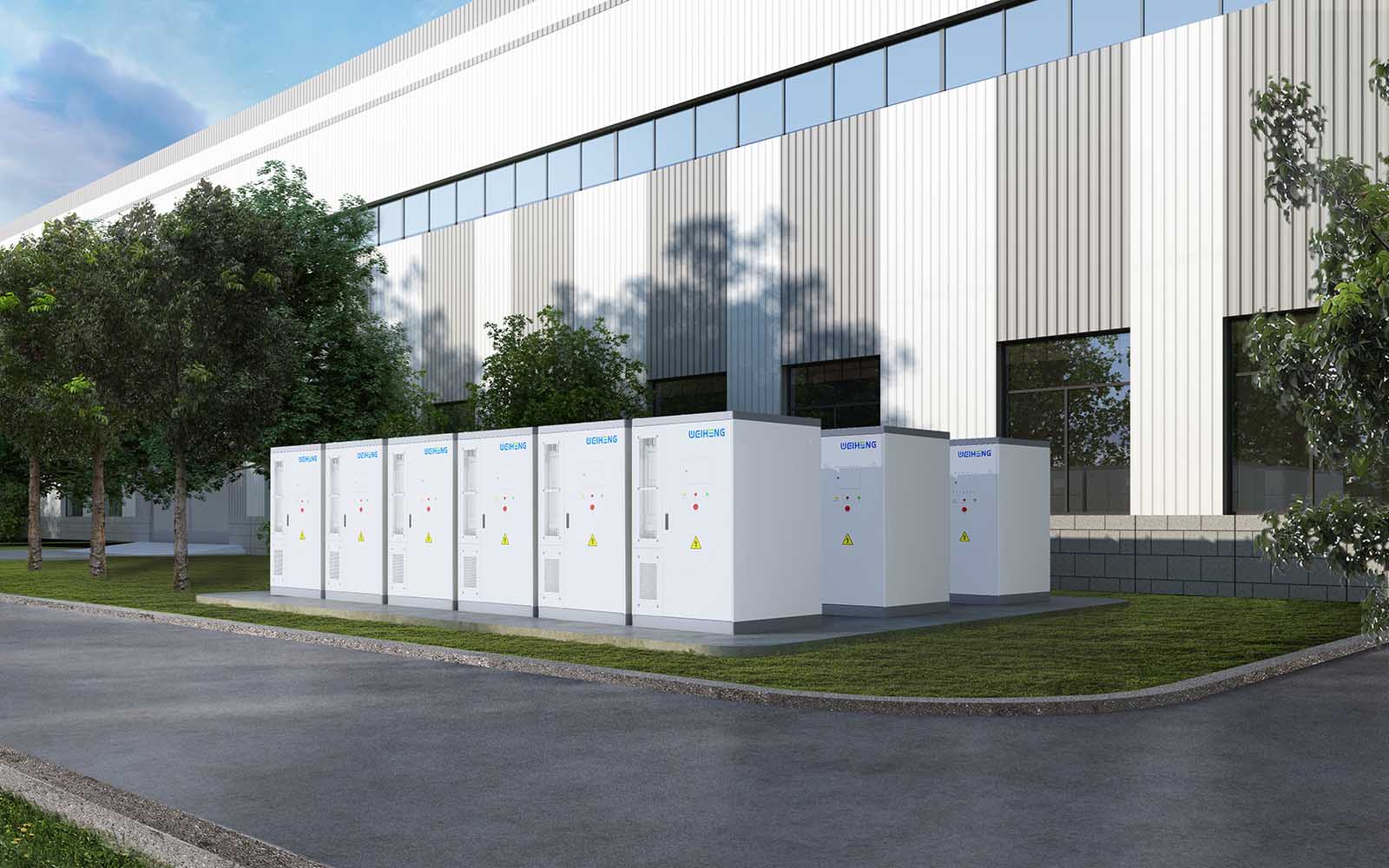
The energy landscape of today is continuously changing. Every year there are advancements in solar technology which influence the course of energy storage and generation. One such advancement is Solar Battery Inverters. Without a doubt, these nifty devices will play a pivotal role in the future of energy storage and distribution, but not many people know what they are. This blog will answer the question, “What is a Solar Battery Inverter?” and will delve into the pros, cons, uses and why owning one might be just what you need for your residence or organisation.
What is a Solar Battery Inverter?
A Solar Battery Inverter is a type of power inverter that converts Direct Current (DC) from a photovoltaic device like solar panels into Alternating Current (AC) that can be used to power appliances. Inverters are critical components for independent energy generation, as Direct Current electricity is not useable for most residential applications.
Additionally, Solar Battery Inverters have served a secondary purpose in recent years: Energy Storage. When paired with batteries, a solar inverter can charge them with excess energy produced from photovoltaic devices to be used during off-peak times where production is low such as night-time or cloudy hours. For this purpose, Solar Battery Inverters are also commonly known as Hybrid Inverters.
Advantages of a Solar Battery Inverter
If it isn’t already clear, Solar Battery Inverters are critical for modern-day energy generation/storage. But what are the specific advantages?
Environmentally-friendly
With gas emissions being at an all-time high, it’s crucial that we work hard to find green solutions to power generation. Thankfully, the environmental impact of Solar Battery Inverters is minuscule as they provide a vast array of benefits, the obvious one being that they are a means to generate AC electricity from renewable sources like solar panels.
However, this is not the only way in which these devices are environmentally friendly. These modern devices are known for their high efficiency, meaning that minimal energy is lost during the conversion process. Energy is a valuable resource, so it’s important to ensure that it is treated carefully, which these inverters thankfully do.
Additionally, the environmental impact of manufacturing, like any device, is a serious consideration to look at when discussing Solar Battery Inverters. Thankfully, companies like eCactus Solar recognise this issue and are taking conscious steps to mitigate this. Examples of these steps are: Using recycled materials where possible and reducing transportation-related emissions by optimising supply chains.
Long-run cost savings
Staring down a hefty initial price tag can be daunting for anybody, but in the case of Solar Battery Inverters, the term “investment” has never been more accurate. Paying the upfront cost will save money in the long run, as gaining independent access to energy and energy storage from outside the electrical grid will mean lower electrical bills. In addition to this, in the commercial or industrial sectors where every work hour counts, having access to reliable energy during power outages could save hours of wasted time. After all, “time is money” as the saying goes.
Disadvantages of a Solar Battery Inverter
Sure, if there were no downsides to Solar Battery Inverters, the likelihood is that nearly everybody would already have access to them. That’s not to say that these disadvantages are extreme by any means, but there are some important factors to take into account.
Initial investment cost
As mentioned before, a Solar Battery Inverter is a great investment when thinking long-term, but there’s no ignoring the fact that dealing with the upfront cost can be a big hurdle for many consumers. Consumers might not see a return on their investment for some time after purchase, and for many, this will be a hard pill to swallow.
Regular maintenance
Like most other technologies, Solar Battery Inverters are complex systems which require care and maintenance to ensure optimal performance. Unless you happen to be an expert in electrical engineering, the chances are you will need to hire a professional to regularly maintain your system. The complex nature of system maintenance can be frustrating for consumers who were hoping for a less specialised, straightforward routine of management. Likewise, the additional cost of hiring professionals to carry out this maintenance could also be a sting for buyers.
Efficiency if not installed properly
Building on the last point, the idea of hiring a professional to carry out maintenance and installation for a Solar Battery Inverter may be frustrating for some. This could potentially lead to efficiency issues if a consumer improperly installs the system by themselves. For example, poor wiring, and incorrect positioning are easy mistakes to make, and as such can drastically affect the performance of a Solar Battery Inverter.
Uses of a Solar Battery Inverter
One of the best parts of Solar Battery Inverters is their flexibility to be used in a wide variety of contexts/industries.
As mentioned previously, Solar Battery Inverters are valuable assets for independent consumers within the residential sector, however, they are also equally as useful within commercial and industrial settings, with many organisations using them to meet sustainability goals and drastically cut down on emissions. Corporate Social Responsibility (CSR) is becoming increasingly popular and important today as organisations are under increasing pressure to lower their carbon footprint in favour of a “green” reputation.
Furthermore, in many organisations, continuous operation is essential, and Solar Battery Inverters can be used as a reliable backup power supply, ensuring zero operational disruption and zero revenue loss.
Growth of Solar Battery Inverters
The growth of Solar Battery Inverters has been extreme, both from a technological and market standpoint. In fact, according to a report the market for inverters is projected to expand from $12.86 billion (£10.34 billion) in 2022 to $18.93 billion (£15.23 billion) by 2030. This is likely underpinned by the technological advancements of inverters and the development of Hybrid Inverters, as well as the declining price of solar panels. The global Hybrid Inverter market specifically reached a value of $7.49 billion (£6.02 billion) in 2023.
Unsurprisingly, the commercial sector has the largest share of Hybrid Inverters, with a share of 42% in 2022.
Introducing the Next Generation of Inverters with eCactus Solar UK
When it comes down to combining cutting-edge technology with an environmentally friendly consciousness, eCactus Solar UK leads the march. Our Copia Hybrid Inverter is designed to meet a range of needs across the residential and commercial sectors, with competitive features such as zero noise pollution and zero carbon emissions on top of our fanless integrated cooling system all while using recycled materials to reduce the environmental impact of manufacturing.
Solar Battery Inverters are revolutionising the energy landscape, providing environmentally-friendly energy conversion and storage. Despite initial costs and maintenance requirements, their long-term benefits and versatility in residential and commercial sectors make them a worthy investment. With market projections showing their rapid growth to come, it is clear that Solar Battery Inverters will only grow in the years to come.







